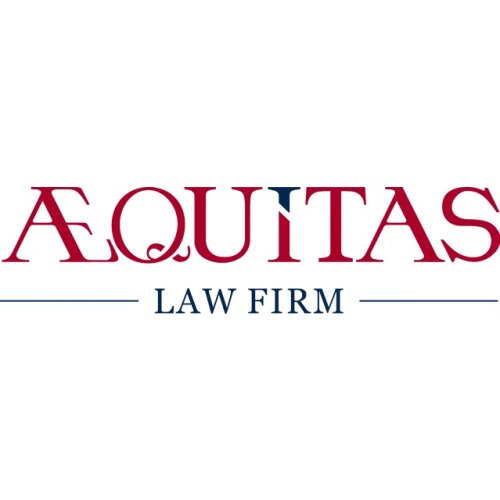Best Employer Lawyers in Almaty
Share your needs with us, get contacted by law firms.
Free. Takes 2 min.
List of the best lawyers in Almaty, Kazakhstan
About Employer Law in Almaty, Kazakhstan:
Employer law in Almaty, Kazakhstan is a body of local, regional, and national legislation that regulate the relationship between employers and employees. These laws cover a wide array of workplace issues, such as employment contracts, working hours, wage and salary, health and safety protocols, anti-discrimination policies, and dispute resolution. Employer law also incorporates international labor standards that Kazakhstan has agreed to uphold.
Why You May Need a Lawyer:
You may need a lawyer, especially if you are an employer, for a variety of reasons in Almaty. Legal advice can be vital when establishing business and drafting employment contracts to ensure compliance with Kazakh labor laws. Lawyers can navigate complex labor regulatory issues, support during labor disputes, or represent you in any legal proceedings. If you are subjected to unfair labor practices as an employee, a lawyer can advise on your legal rights, can aid in filing complaints, or represent you in disputes or lawsuits.
Local Laws Overview:
The key aspects of local laws pertaining to employer in Almaty revolve around the Labor Code of Kazakhstan, which is the primary source of labor laws. This includes the guidelines on hiring and contract formation, employee rights and responsibilities, working hours, rules and conditions for overtime and idle time. Additionally, it covers holiday and leave entitlements, salary, benefits, and employee termination provisions. Notably, the Labor Code ensures equal opportunities and prohibits any forms of discrimination in the workplace.
Frequently Asked Questions:
What is the standard working week in Kazakhstan?
The standard is a 40-hour work week, typically distributed over five days and not exceeding eight hours in a day.
What is the minimum wage in Kazakhstan?
The minimum wage is set annually on a national level by the government and varies based on changes in living standards and inflation rates.
Can an employer dismiss an employee without cause in Almaty, Kazakhstan?
No, employers cannot terminate employment contracts without a valid reason as stipulated in the Labor Code of Kazakhstan.
Is the overtime work compensated in Almaty, Kazakhstan?
Yes, overtime is compensated at an increased rate determined by the Labor Code, the collective contract, or the employment contract.
Are there anti-discrimination laws in place?
Yes, Kazakhstan strictly prohibits any form of workplace discrimination based on gender, age, race, religion, social origin, property status, or any other conditions not related to the professional qualities of employees.
Additional Resources:
In need of legal advice, agencies such as the Ministry of Labor and Social Protection of the Population, national trade unions, and district labor inspectorates are useful resources. Furthermore, the Ombudsman's Office for Business is an institution that promotes the rights of businesses, including employers.
Next Steps:
If you need legal assistance, begin by determining the nature and extent of your legal issue. Then, consult a local labor law attorney in Almaty. It would be helpful to gather important documents such as contracts, communications, and any proof of relevant incidents. Finally, be prepared to fully engage in the legal process and follow the advice provided by your lawyer to achieve the best possible outcome.
Lawzana helps you find the best lawyers and law firms in Almaty through a curated and pre-screened list of qualified legal professionals. Our platform offers rankings and detailed profiles of attorneys and law firms, allowing you to compare based on practice areas, including Employer, experience, and client feedback.
Each profile includes a description of the firm's areas of practice, client reviews, team members and partners, year of establishment, spoken languages, office locations, contact information, social media presence, and any published articles or resources. Most firms on our platform speak English and are experienced in both local and international legal matters.
Get a quote from top-rated law firms in Almaty, Kazakhstan — quickly, securely, and without unnecessary hassle.
Disclaimer:
The information provided on this page is for general informational purposes only and does not constitute legal advice. While we strive to ensure the accuracy and relevance of the content, legal information may change over time, and interpretations of the law can vary. You should always consult with a qualified legal professional for advice specific to your situation.
We disclaim all liability for actions taken or not taken based on the content of this page. If you believe any information is incorrect or outdated, please contact us, and we will review and update it where appropriate.











